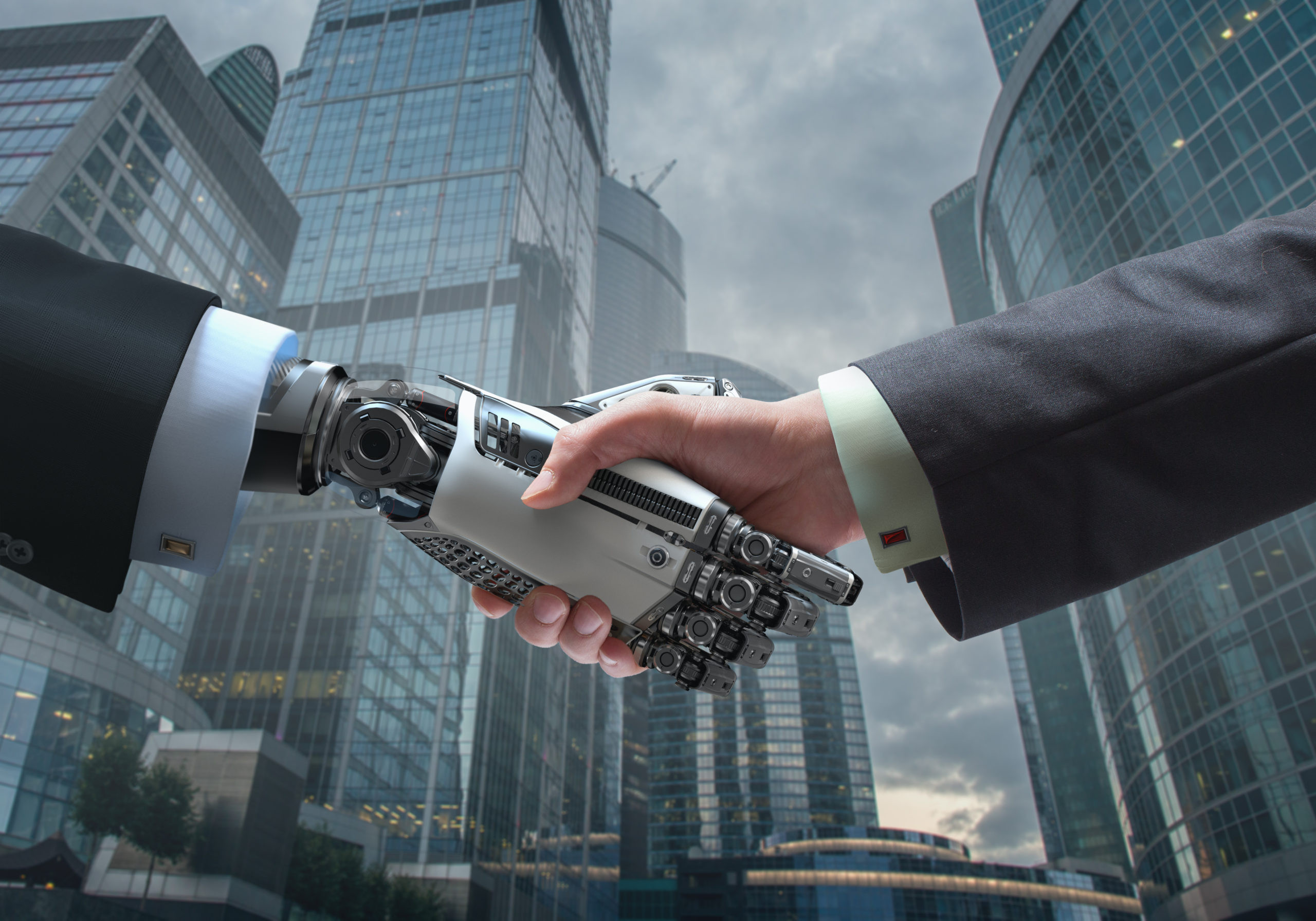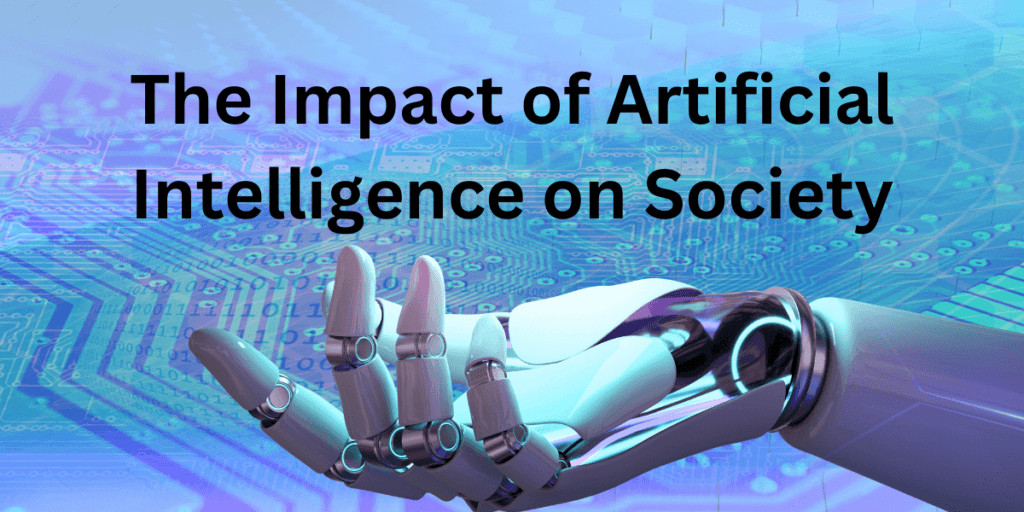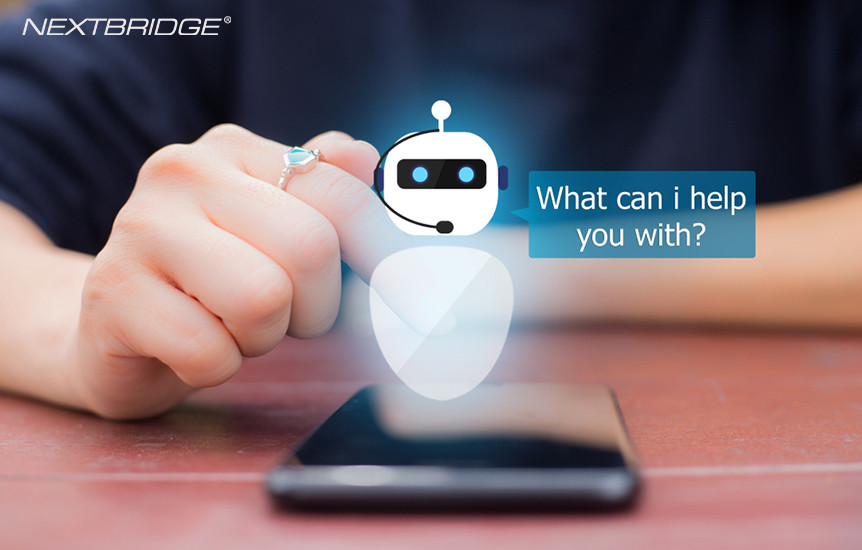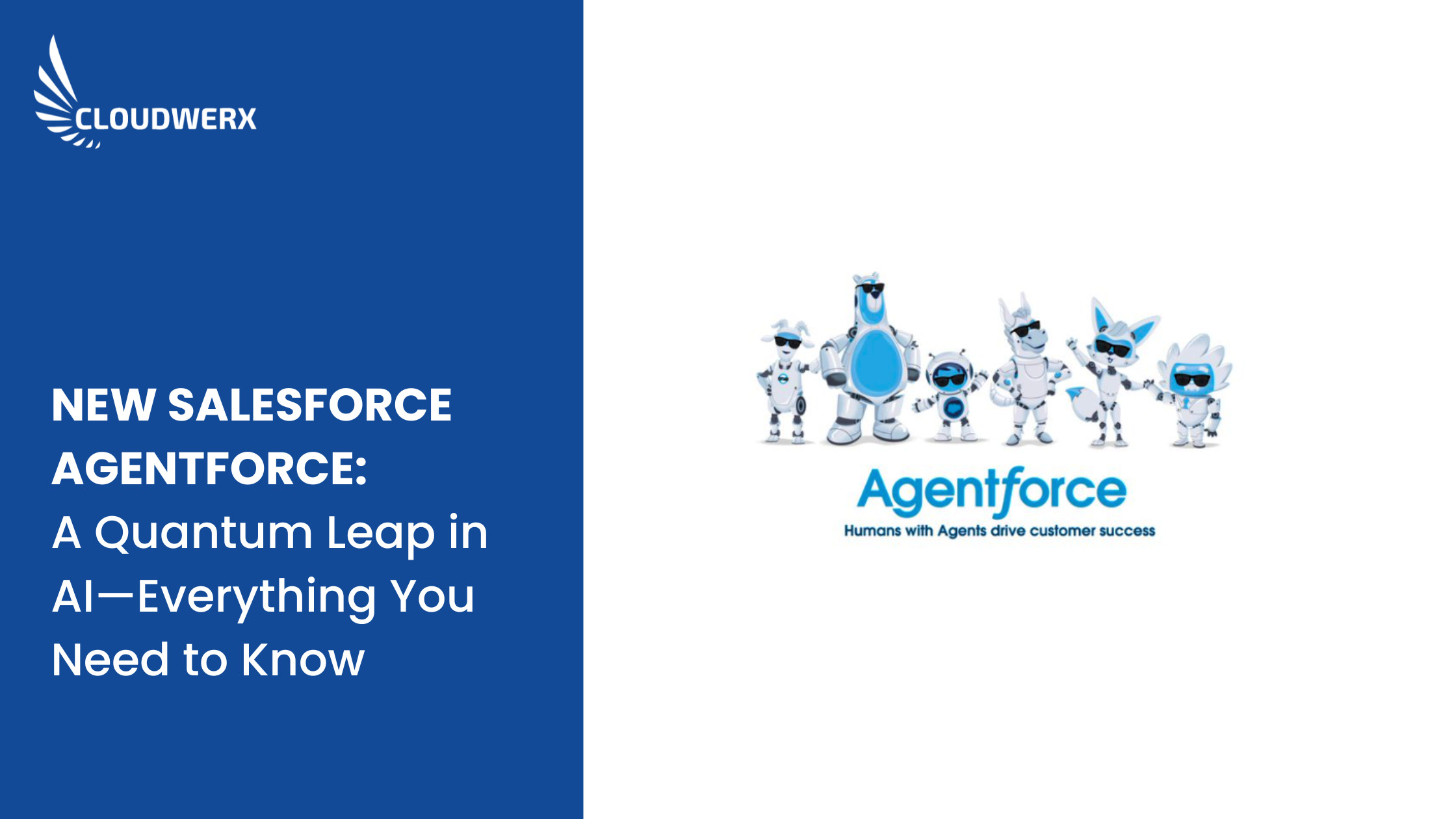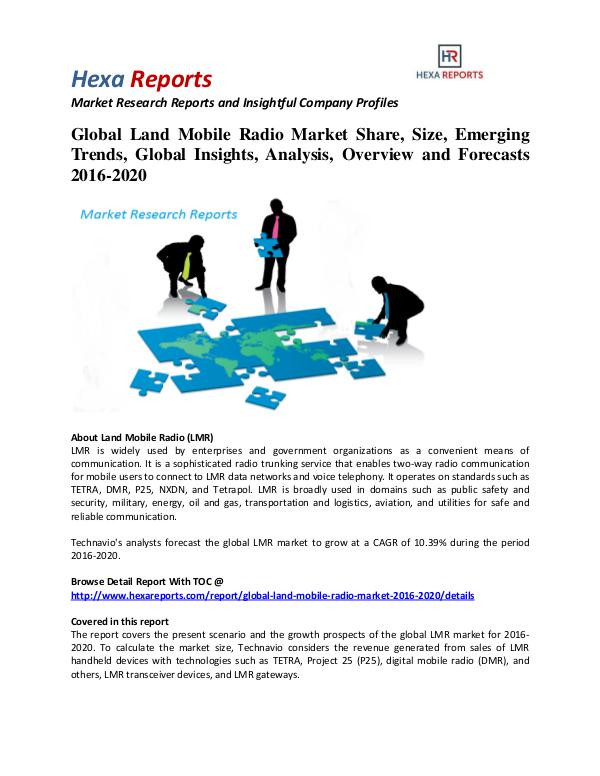The rise of artificial intelligence (AI) has sparked a wave of both excitement and anxiety. While some see AI as a revolutionary force capable of solving complex problems and driving economic growth, others fear that it will lead to mass unemployment, leaving millions jobless and struggling to find work. This article will explore the complex relationship between AI and the job market, separating fact from fiction and providing insights into the skills needed to navigate the AI-powered future.
AI and Automation: Job Creation vs. Displacement
One of the most prevalent concerns about AI is its potential to automate jobs currently performed by humans. AI-powered systems are already being used to perform tasks such as data entry, customer service, and even driving. This raises the question: are these advancements creating or destroying jobs? The truth is, the impact of AI on employment is nuanced and complex. While some jobs may be automated, AI also creates new opportunities in areas such as AI development, data science, and AI-related services. For example, the rise of AI-powered chatbots has led to an increased demand for chatbot developers and designers.
Job Displacement: A Reality or a Myth?
While AI is certainly automating some tasks, it's crucial to understand that job displacement is not a new phenomenon. Throughout history, technological advancements have led to the automation of tasks, resulting in job losses in certain sectors. However, new industries and jobs have always emerged to fill the void. The key is to adapt to the changing job market and acquire skills that are in demand. According to a study by the McKinsey Global Institute, AI is likely to automate 30% of current job activities by 2030. However, the study also found that AI could create new jobs and enhance productivity, leading to overall economic growth.
Reskilling and Upskilling: The Pathway to Success
The future of work will require individuals to adapt and acquire new skills to thrive in the AI-powered economy. This means focusing on skills that complement AI, such as critical thinking, creativity, and problem-solving. It also means developing technical skills in areas like data analysis, AI programming, and machine learning. Many organizations are investing in reskilling and upskilling programs to prepare their workforces for the AI era. Governments and educational institutions also play a crucial role in providing training and resources to help individuals adapt to the changing job market. For example, the US government has launched the “AI for Everyone” initiative to provide free online courses on AI basics, its potential applications, and its ethical implications.
The Rise of AI-Enhanced Jobs
While AI may automate certain tasks, it also creates new opportunities and enhances existing jobs. AI is transforming various industries, leading to the emergence of new roles and responsibilities. Here are some examples of AI-enhanced jobs that are in high demand:
- AI Engineers: AI engineers are responsible for designing, developing, and deploying AI systems. They use their expertise in machine learning, deep learning, and natural language processing to build AI solutions for various industries.
- Data Scientists: Data scientists use their skills in data analysis, statistics, and machine learning to extract insights from large datasets and build predictive models. The demand for data scientists is growing rapidly as organizations seek to leverage the power of data for business decisions.
- AI Ethicists: As AI technology continues to advance, it's becoming increasingly important to address ethical concerns surrounding its use. AI ethicists work to ensure that AI systems are developed and deployed in a responsible and ethical manner.
The Future of Work: A Collaborative Landscape
The future of work is not a dystopian scenario where humans are replaced by machines. Instead, it's a collaborative landscape where humans and AI work together to achieve common goals. AI will handle repetitive and data-driven tasks, while humans will focus on creative problem-solving, strategic thinking, and complex decision-making. It's essential to remember that AI is a tool – a powerful tool, but a tool nonetheless. The success of AI depends on the responsible use of technology and the ability of humans to adapt and evolve with it. The future of work is about embracing change, acquiring new skills, and working collaboratively with AI to create a more prosperous and fulfilling future for all.
The Next Chapter: Humans and AI: A New Era of Collaboration
The rise of artificial intelligence is not about replacing humans; it's about augmenting our capabilities. By working together, humans and AI can unlock new possibilities and create a future where both thrive. As we move forward, it's crucial to remember that AI is a tool, and its impact depends on the choices we make. By fostering a collaborative and responsible approach to AI, we can ensure that it benefits all of humanity. This journey will require continued investment in education, research, and ethical frameworks to guide the responsible development and deployment of AI technologies. Ultimately, the future of work is about embracing change and finding new ways to collaborate with AI to create a better future for all.




